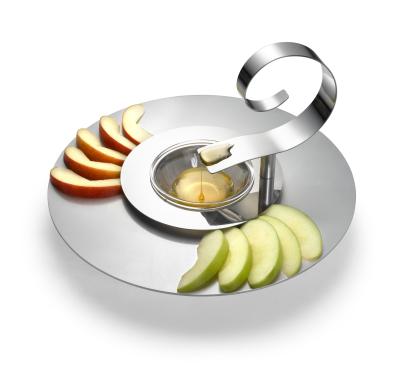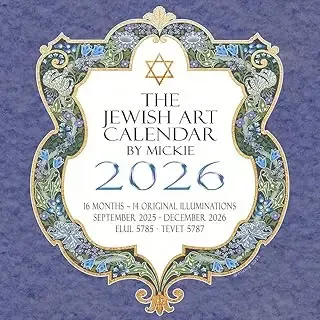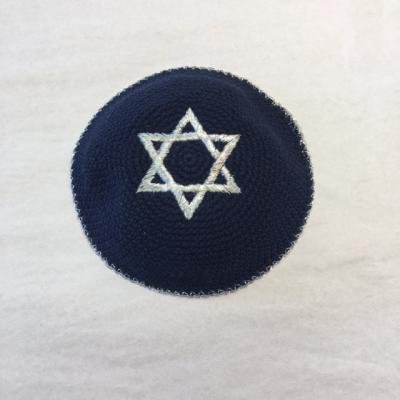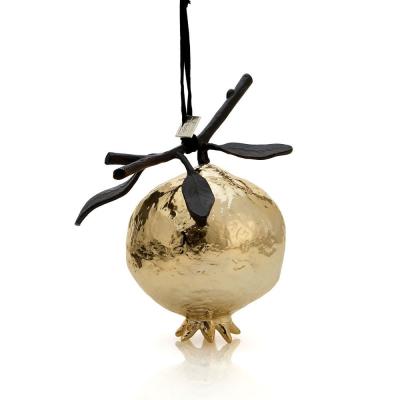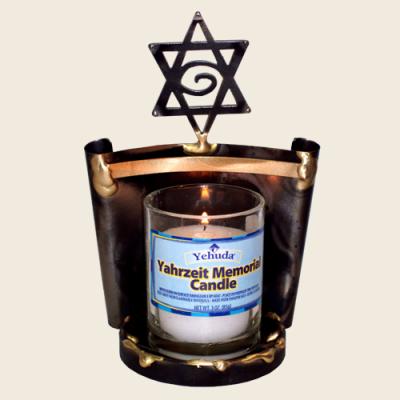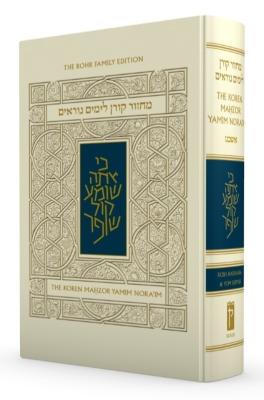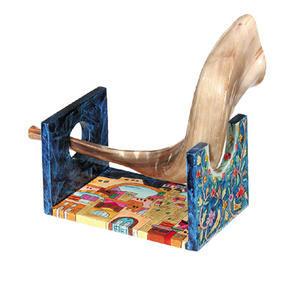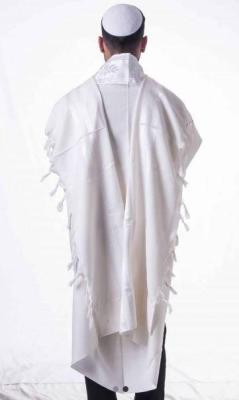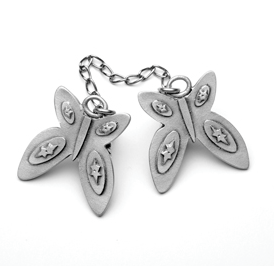Why do we eat apples and honey on Rosh Hashanah?
One of our most commonly known traditions, dipping an apple in honey, is highly recognized with Rosh Hashanah. We say Shanah Tovah VeMetukah, to wish each other a Good Year, and we signify the good that is awaiting us, with sweet honey on a crisp and healthy apple.
Apples and honey have healing properties. As we bite into a honey dipped apple to absorb its delicious vitamins, we’re both bestowing ourselves with immediate health effects and manifesting our wishes for a full year of vitality and moral.
This traditional combination has been passed down for generations and it has become a staple food for Rosh HaShanah. Apples are even among the fruits suspected to be in the Garden of Eden. This coming Rosh HaShana, spread a nice coat of honey on your apple, close your eyes, smell that heavenly orchard and take a healthy bite of the Garden of eden. Make it a perfect experience with one of our lovely apple and honey dishes, like this lovely piece.
Why do we eat pomegranates on Rosh Hashanah?
A pomegranate is beautiful fruit. It’s only available for a few months, and when we see the pomegranate tree in bloom, we know the holiday season is right around the corner. One of the most common greetings for Rosh HaShanah means - may your mitzvahs be as many as a pomegranate’s seeds. This heartfelt blessing is heavy with meaning. We’re actually saying we want our loved ones to be counted as good and righteous people when Yom Kippur comes along and we are judged for our merits.
And indeed, it is traditionally said that a pomegranate has 613 seeds, just like the number of mitzvahs. It is a great Segulah to eat the seeds of a pomegranate on Rosh HaShanah, with its many healthy antioxidant traits. But do watch out, those juicy pellets can easily stain your neat holiday clothes.
We suggest you give this healthy and frisky fruit the respect it deserves by placing it on its own throne. A pomegranate glass bowl that comes with a dedicated spoon is one of many lovely options for keeping this delicious fruit out of your white shirts.
Why do we wear white on Yom Kippur?
Yom Kippur is our judgement day. We prepare for it all year long, and especially during the month and a half before, from the beginning of Elul. We wake up in the middle of the night to say our Slichot, to atone for the deeds we might have done during the year. We pray extra diligently during Rosh HaShanah and we do our best to add as many mitzvahs to our scoreboard, to shine like gold medals on our chests.
And still, come Yom Kippur, we want to appear as clean as possible. As pure as the angels themselves. Like the Cohen Gadol, when he would walk into Kodesh HaKodashim, for his yearly momentous visit. The eyes of the entire crowd looking at him. Concerned for his safety, worried about their own faith, all dressed in white. Year after year, the Cohen Gadol, which is now played by our synagogue’s Chazzan, leads the prayer so we could close our eyes and feel our souls rise high in divinity. Get an extra boost of pure this year with a brand new white Kippah from our wide collection of Kippahs and Yom Kippur related accessories.
What Shofars are considered Kosher?
Blowing the Shofar is our way of crowning Hashem on these high holidays. The Shofar is a loud instrument fit for a royal ceremony. Imagine the court of Beit Hamikdash in jerusalem. Filled with Cohanim, Leviim and our holy people of israel, all standing around in their best gowns, excitedly listening to countless Shofars blown by the Leviim. The Shofar is our way of announcing to the entire world that we put our faith in Hashem.
The process of creating a Shofar is long and is still done in the traditional way of drying the horn for about a year. Any pitch produced by a shofar, whether loud, soft, or dry, is acceptable.
Many horns are considered kosher for use as a shofar, as long as they originate from cattle of kosher species.
A shofar needs to be kept not to have splits or breaks along its entire length.
We offer several high quality Shofars here. The Yemenite shofar is especially popular as it is considered Mehudar - luxurious and unique.
Make sure the kids are a part of the fun with these real looking plastic Shofars.
Why do we light memorial candles during the high holidays?
We are a people that has good memory. We remember what gifts our friends brought to our kids’ weddings and we remember our previous generations. During the high holidays, we hold special prayer services which take longer than a standard Shabbat prayer does, since they contain parts unique for each holiday.
One of these unique parts is Yizkor. During the holidays, we take the time to exercise our excellent memory skills and remember our deceased loved ones. We pray for their souls in the synagogue, and we also leave a candle burning for them at home. These candles are traditionally long lasting, with at least 20 hours worth of wax in them. Since we believe a candle burning is like a soul’s endless flickering, we cherish our beloved ancestors memory with these yahrzeit candles.
This versatile category holds several interesting options for your yahrzeit candles. We have some electrical options and a few lovely solid candle holders. Those flickering lights on a dark kitchen counter are a common sight in Rosh Hashana. This year, get your favorite yahrzeit option so you too could take a moment to remember your deceased ancestors and smile with a heart full of fond memories.

.jpg)
